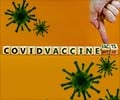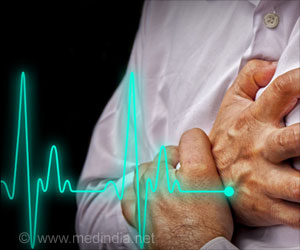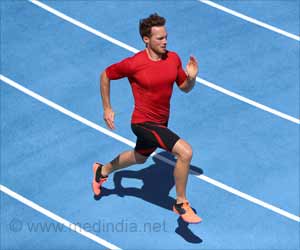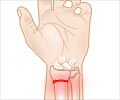Cardiac arrest as a rare side effect of COVID-19 vaccination creating global debate among athletes is baseless, only regimen selection and timing matters.
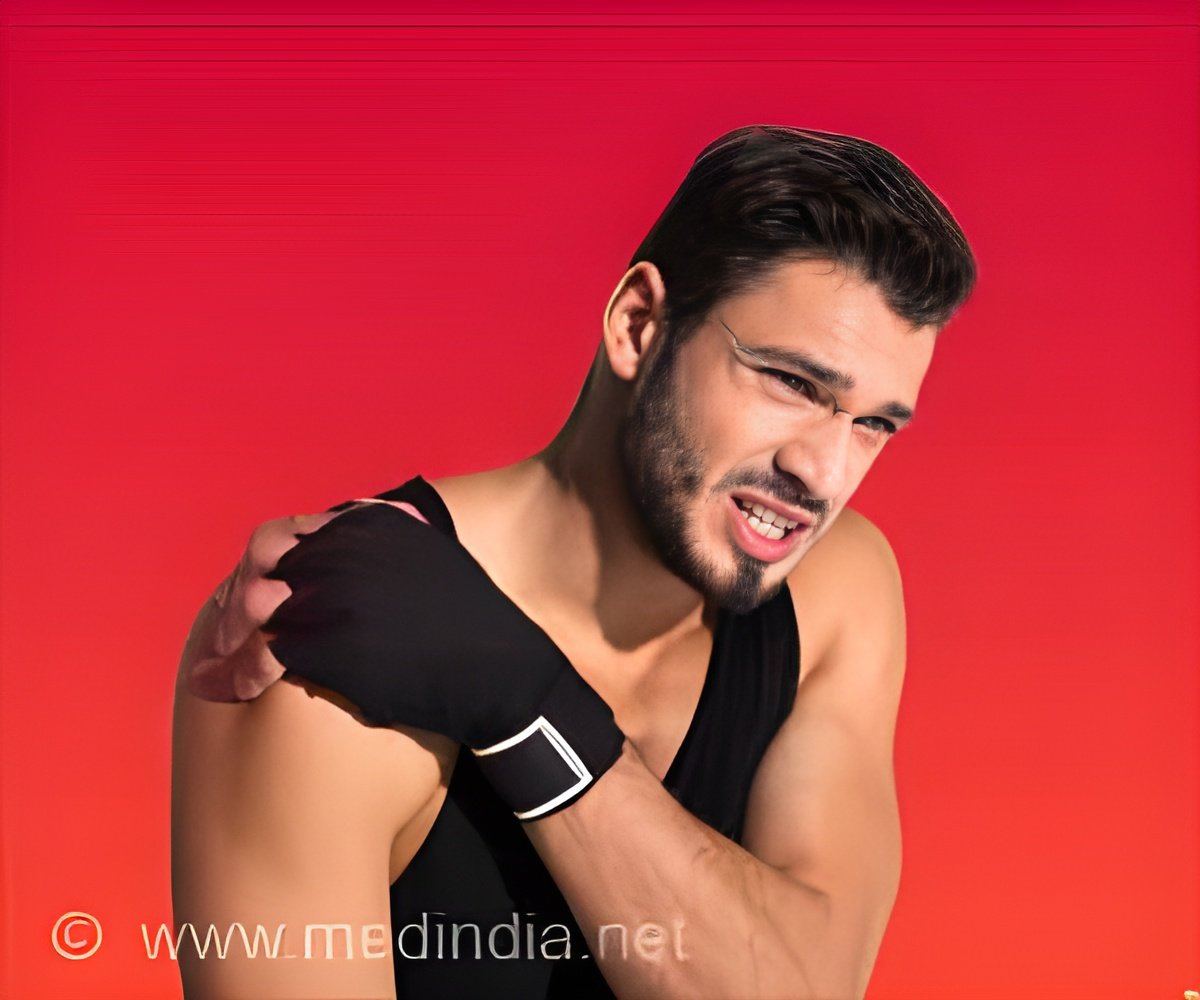
Incidence and Causes of Sudden Cardiac Death in Athletes
Go to source). This was the case with English footballer Charlie Wyke, cyclist Sonny Colbrelli and, most recently, with college basketballer, and son of LeBron, Bronny James.
Athletes Need Not Worry About Cardiac Arrest Risk After COVID-19 Vaccinations
In the view of researchers at the Amsterdam University Medical Centers (UMC), there is no evidence to support these claims, but the timing of the vaccination can be structured to not negatively influence performance.‘There is currently no available scientific evidence-based framework to prove an association between the COVID-19 vaccination and sudden cardiac arrest in athletes.#COVID-19Vaccine #HeartAttack #Myocarditis’





They found that neither the rates of sudden cardiac arrest nor the rates of myocarditis as a cause for cardiac arrest increased after vaccination. Myocarditis occurs most often in young people, especially in men.In rare cases, covid infection can cause myocarditis. And in even fewer cases, it can be a side effect of vaccination, and then the myocarditis is usually milder than after an infection. Although athletes – due to their relatively young age – are at increased risk of developing myocarditis, they found no evidence in the studies that COVID-19 vaccination combined with intense exercise increased this risk even further.
While athletes might be hesitant to receive the COVID-19 vaccination due to performance considerations, this study highlights that the vaccine is generally well tolerated. Most athletes only experience mild short-term side effects.
A study of 127 Olympic and Paralympic athletes demonstrated that only eight athletes were unable to train on the day of the vaccination, with seven of the eight resuming training the next day.
A study from the Netherlands and Belgium demonstrated a small but statistically significant decrease in VO2 max seven days after vaccination. VO2 Max indicates how much oxygen an individual can consume during exercise and is typically seen as a measurement of endurance fitness (2✔ ✔Trusted Source
Cardiac sequelae in athletes following COVID-19 vaccination: evidence and misinformation
Go to source).
Advertisement
This, combined with the previous findings, shows us that athletes have no reason to be concerned. Although those athletes who are considering a vaccine this winter should probably do it outside of major competition periods.
Advertisement
References:
- Incidence and Causes of Sudden Cardiac Death in Athletes - (https://www.sportsmed.theclinics.com/article/S0278-5919(22)00004-7/fulltext)
- Cardiac sequelae in athletes following COVID-19 vaccination: evidence and misinformation - (https://bjsm.bmj.com/content/early/2023/08/09/bjsports-2023-106847)
Source-Eurekalert

